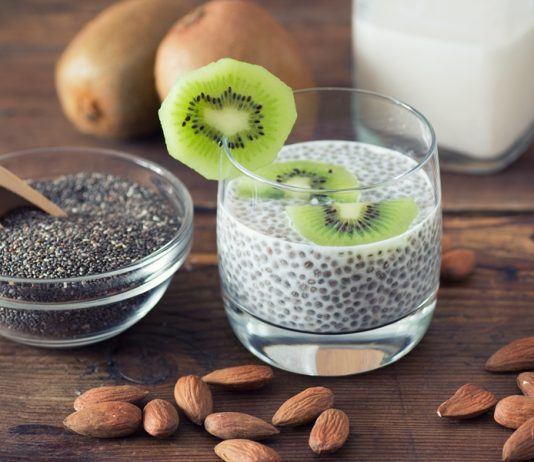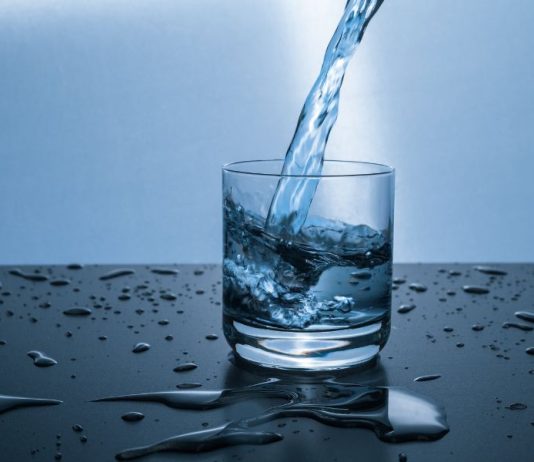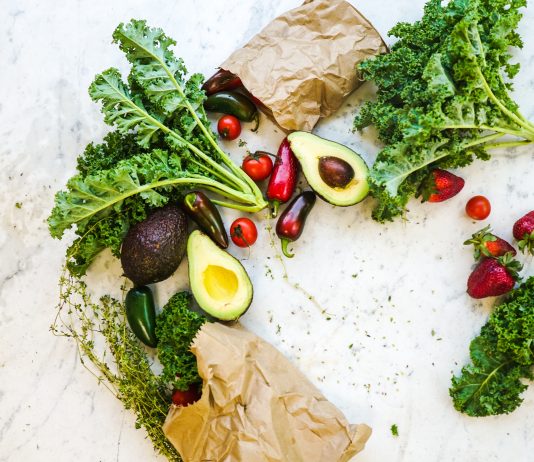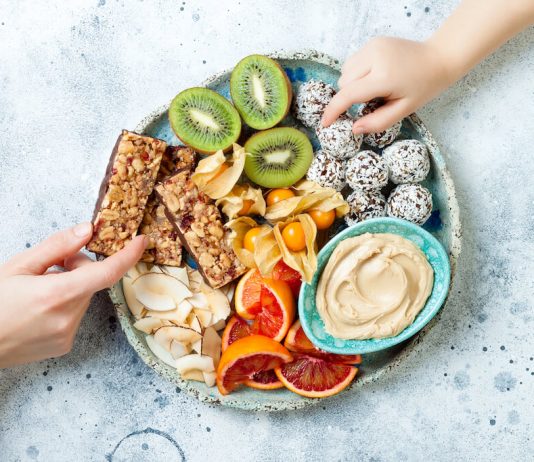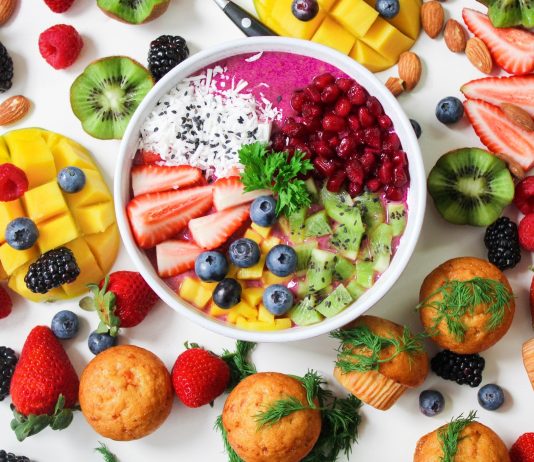Ultramarathon runners, even seasoned ones, often face unexpected stomach challenges during races. Pushing limits in extreme conditions can swiftly turn a promising race into a digestive disaster when the body rejects fuel.
A well-balanced diet serves as the cornerstone of robust physical health and plays a pivotal role in helping individuals achieve their fitness ambitions. For runners and joggers, the significance of focusing on particular dietary elements cannot be overstated. In this comprehensive guide, we will delve into the essential dietary components that can power your running journey, ensuring you're primed for peak performance.
Runners, in particular, can derive substantial benefits from incorporating chia seeds into their dietary regimen. Here are compelling reasons why:
When it comes to running, the amount of fluids you need before, during, and after your run isn't one-size-fits-all. Your hydration requirements depend on various factors, including the duration of your run and your individual sweat rate. While older guidelines used to offer specific fluid intake recommendations for runners, newer insights highlight the importance of a more personalized approach.
For dedicated runners, food serves as more than mere sustenance; it becomes the cornerstone of their training regimen, providing the necessary fuel for optimal performance. The questions of what to eat and when to eat it, before, during, and after runs, are paramount. Furthermore, understanding the importance of hydration is equally critical. As you embark on the journey of training for a long-distance race, such as a 10K or beyond, a few fundamental dietary adjustments become imperative. Here, we unveil three fundamental dietary guidelines to steer your nutritional habits in the right direction.
No Strict Plans or Diets: The Secrets of Courtney Dauwalter’s Success in Endurance Sports
Runnerstribe Admin -
In the world of endurance sports, 35-year-old ultramarathon runner Courtney Dauwalter has established a reputation for herself thanks to her distinctive diet and training regimen. She has recently risen to become one of the best athletes in the world, despite always competing in her trademark loose-fitting T-shirt and basketball shorts.
Drinking alcohol in moderation does not necessarily imply that you cannot gain muscle. However, there is no definitive evidence currently available on the impact of moderate alcohol intake (one to two beers) on muscle development.
Are you looking for ways to improve your performance, reduce injury risk, and boost your energy levels? Chronic inflammation could be the culprit. But fear not, sports dietitian Teri Lichtenstein suggests incorporating anti-inflammatory foods into your diet to help you feel better and perform at your best. Research has shown that a diet rich in antioxidants and fiber can help reduce inflammation.
If you're looking for a snack to give you an energy boost during a mid-run, it can be challenging to find something that's easy to digest and provides enough energy, especially if you're running a marathon. To help, we've compiled a list of 17 unexpected mid-run snacks that can help you perform better.
According to Tommy Rodgers, a registered dietitian and coach, what you eat after exercise can affect how well you recover and how hard you can train the next day. Glycogen stores need to be replenished, and muscle breakdown minimized. It is more complicated to determine the amount and timing of the post-run snack, but a small snack or meal with protein, carbohydrates, and good nutritional value should suffice.





